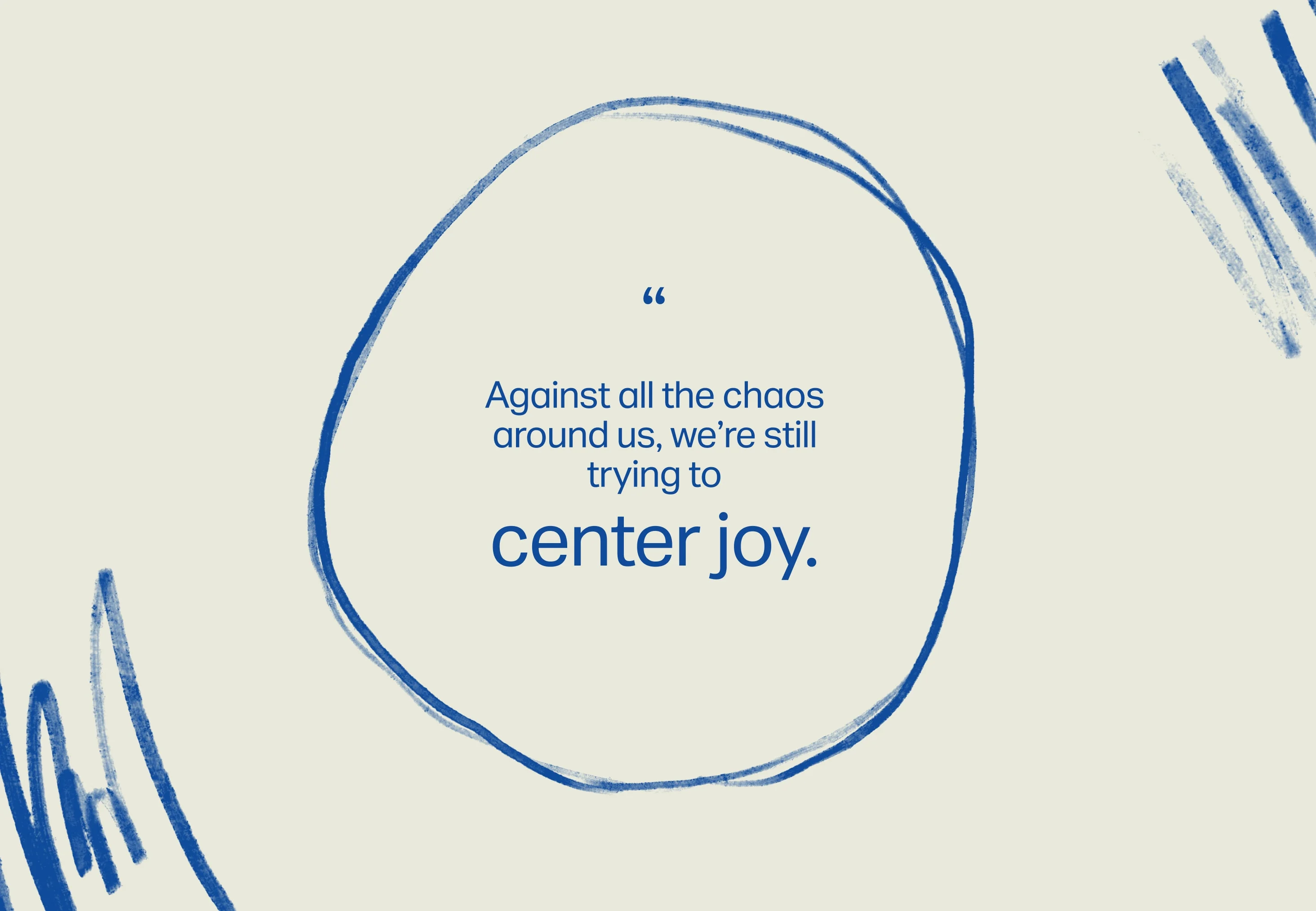
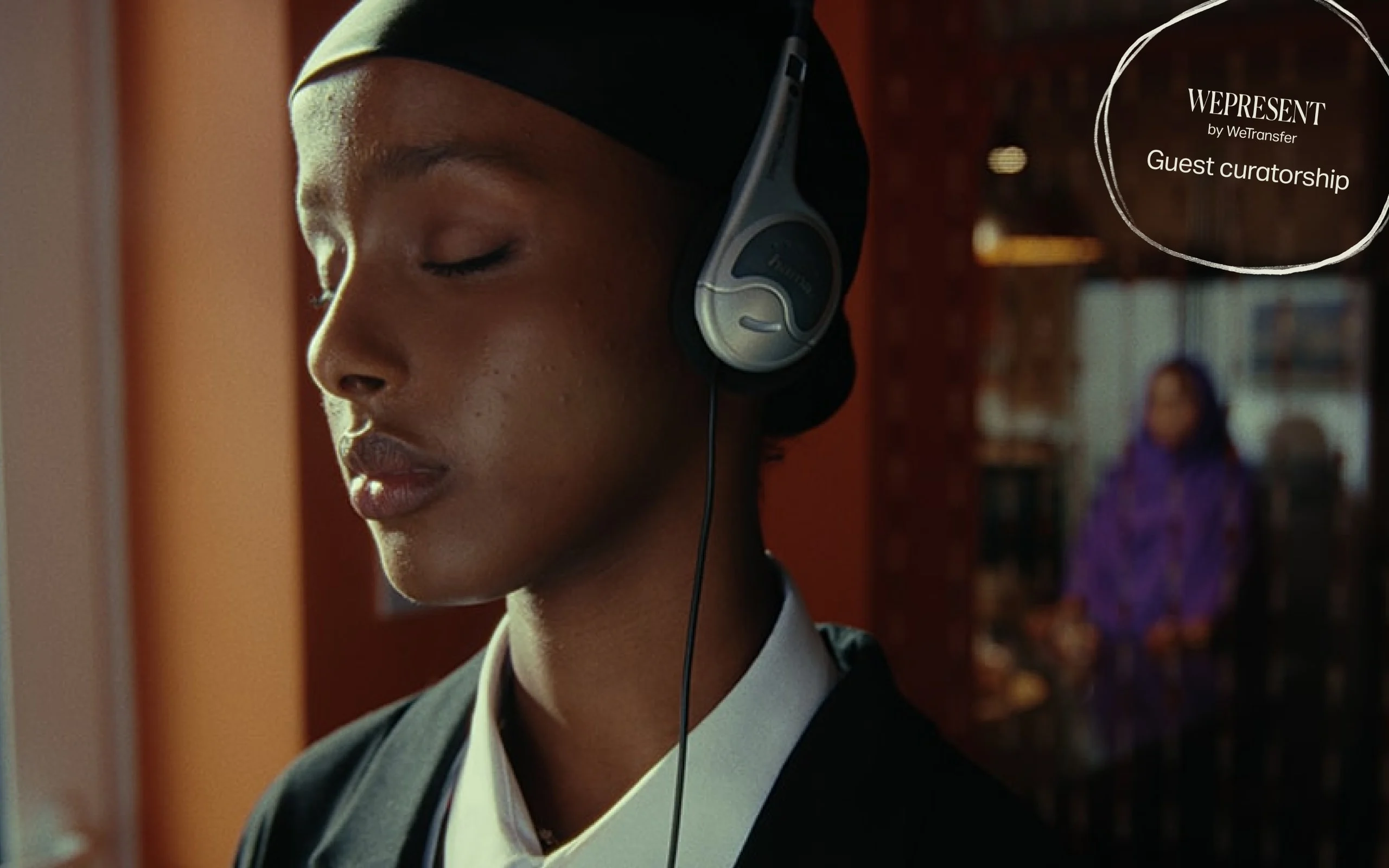
Selected by our guest curator Riz Ahmed, Warda Mohamed is a filmmaker exploring the beauty of British-Somali life. As Ahmed says, “her effortless craft is always in service of emotion and she’s telling stories from a point of view we rarely see.” She tells Dalia Al-Dujaili about the time she spent learning on sets, and why it’s so important for her to center joy in all her work.
When Warda Mohamed told her Somali parents she wanted to be a filmmaker, they asked her to name one Somali filmmaker. She could not. “It's not something that we do,” she remembers her parents telling her, advising her to take up a career in journalism instead. Thankfully, Mohamed is headstrong and today, she’s a filmmaker and director working across the screen and theater.
Mohamed has a deep connection to Somalia’s oral storytelling tradition, a poetic medium, which she wanted to turn into a visual format. She experimented with making shorts whilst studying at university, but eventually felt the need to immerse herself in the world of a director through screenwriting books and hands-on experience.
Her first major project was as an assistant director on the film “Rocks” (2018), which she calls her “baptism of fire” at age 26: “that film pretty much changed my life,” she says. On set, she was able to learn every important role, from PA to production. She met her long-term collaborator—actor Kosar Ali—and she co-founded the organisation We Are Bridge, which provides training and consultancy in safeguarding and authentic representation on sets. A few months after “Rocks,” she landed a job in-house at a production company. “If you want to learn what you’re supposed to be doing to be a filmmaker, get a job on set,” she says. “I got to understand every function of a set and every function of every person on set. I really was a sponge.”
Though Mohamed understands the importance of telling stories like her own on screen, she has no interest in being “the representative” for Somali filmmakers: “It stifles your creativity because you’re constantly thinking about others,” she says. However, she does acknowledge the value of community, which offers support and contacts to fellow creatives. “I think what’s beautiful is that there is a real coming up of British-Somali filmmakers, and around the world, there’s so many hyphenated Somali filmmakers emerging.”
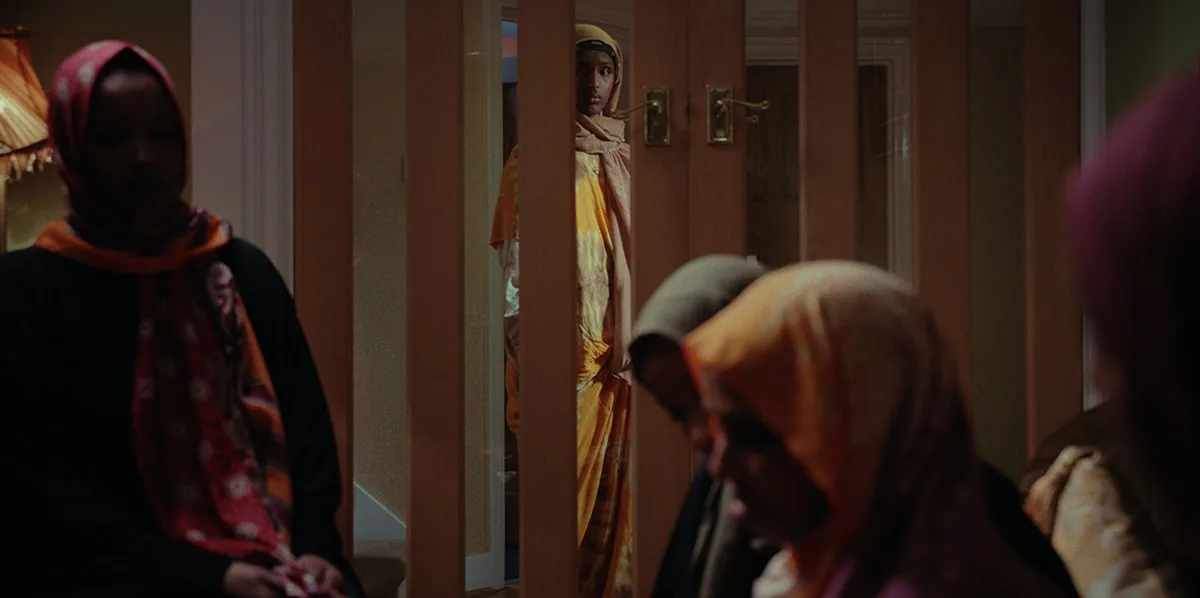
“I can’t give everyone what they want and I never want to. When I speak to Somali creatives in London, we just try to make sure that we are honest with the stories we want to tell and that we’re proud of it,” Mohamed explains, as opposed to trying to represent a culture at large. “And if people don’t understand it, that’s okay. Being as honest as possible and making sure you’re telling the story you really want to tell, and then leaving it there, I think that is important.”
Mohamed’s debut short “Muna” (2023) follows the story of a Somali teenager, Ali, grieving the loss of a family member she’s never met. As a young person, Mohamed observed her parents, who left Somalia during the civil war in the 1990s, grieving relatives unknown to her in Somalia while she and her siblings struggled to connect emotionally.
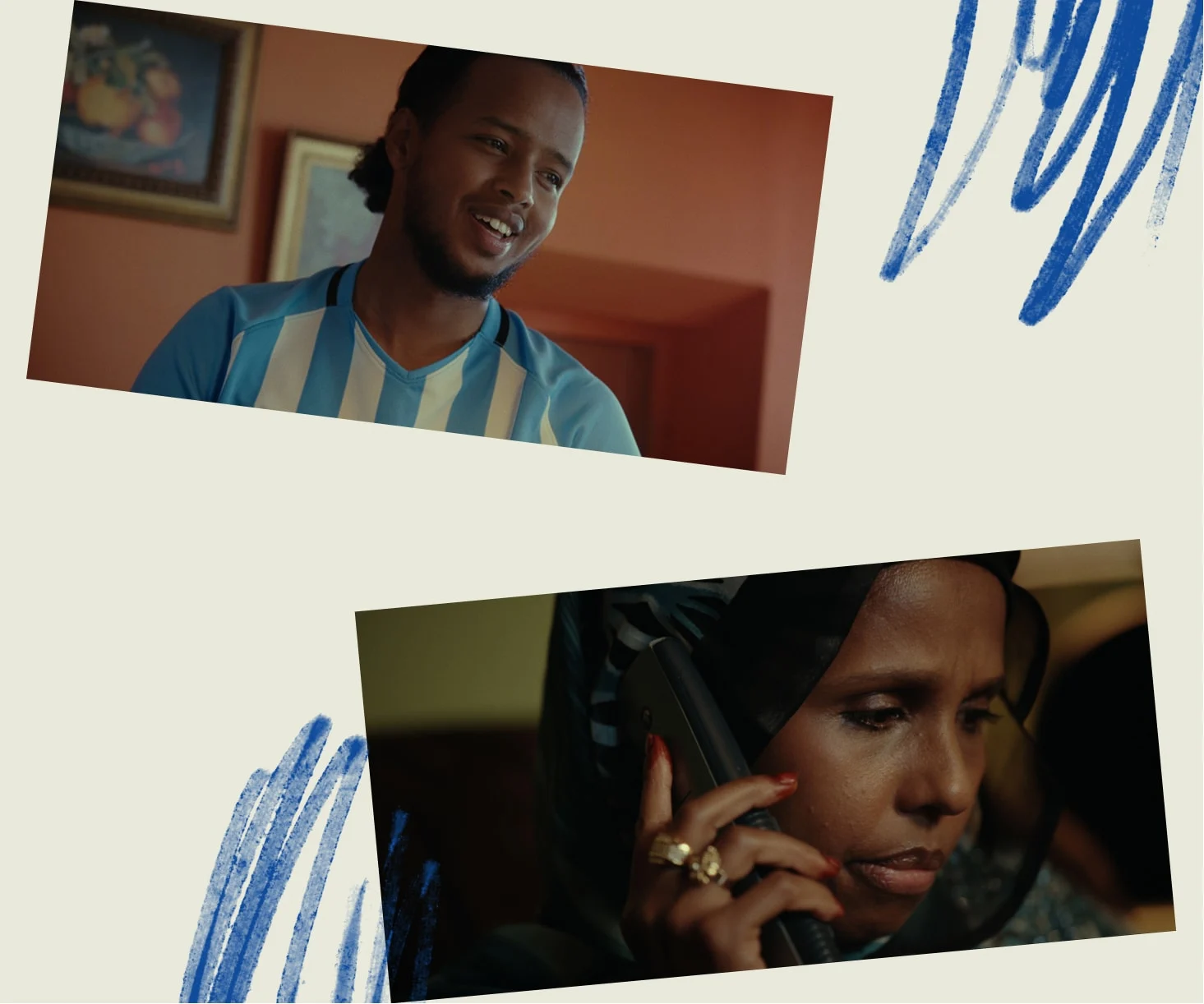
Despite focusing on a Somali family in its portrayal of a British‑Somali teen navigating loss and family rhythms, it remained important that the film was undergirded by universal feelings such as grief. The script started in 2018 and shot in 2022 after years of rejections. Even after being greenlit by BBC Film, in association with UK Muslim Film and Sabrina Elba Mohamed, getting “Muna” made was a slow process.
She took on extra responsibilities—casting, safeguarding, even preparing the set environment—to ensure authenticity and care for everyone involved. The result was a deeply personal short that traveled the world’s festivals and connected with audiences in unexpected ways. “People came up to me after screenings to share their own experiences of grief,” she says. “I didn’t realize it could induce that kind of emotion in a public space.”
In 2021, frustrated by repeated funding rejections for “Muna,” Mohamed quit her full-time job to focus on her first feature, “Moon.” She wrote through the second half of that year, completing the script in early 2022. On a whim one evening, she posted the title page and synopsis on Twitter. Within hours, she had a direct message from BBC Film’s head of development. Two weeks later, they were on a Zoom call, and she heard the words she’d been waiting for: “I want to make this film with you.”
“By the time you get a yes, you think someone’s pranking you. Everyone’s been saying no—why are you saying yes?” she remembers thinking. Social media, she admits, has been a double-edged sword, but it gave her a platform when traditional routes were blocked. “Any time somebody shares an artist, you’re doing free advertising for them. Somebody will see it and go, ‘This is what I’ve been looking for.’”
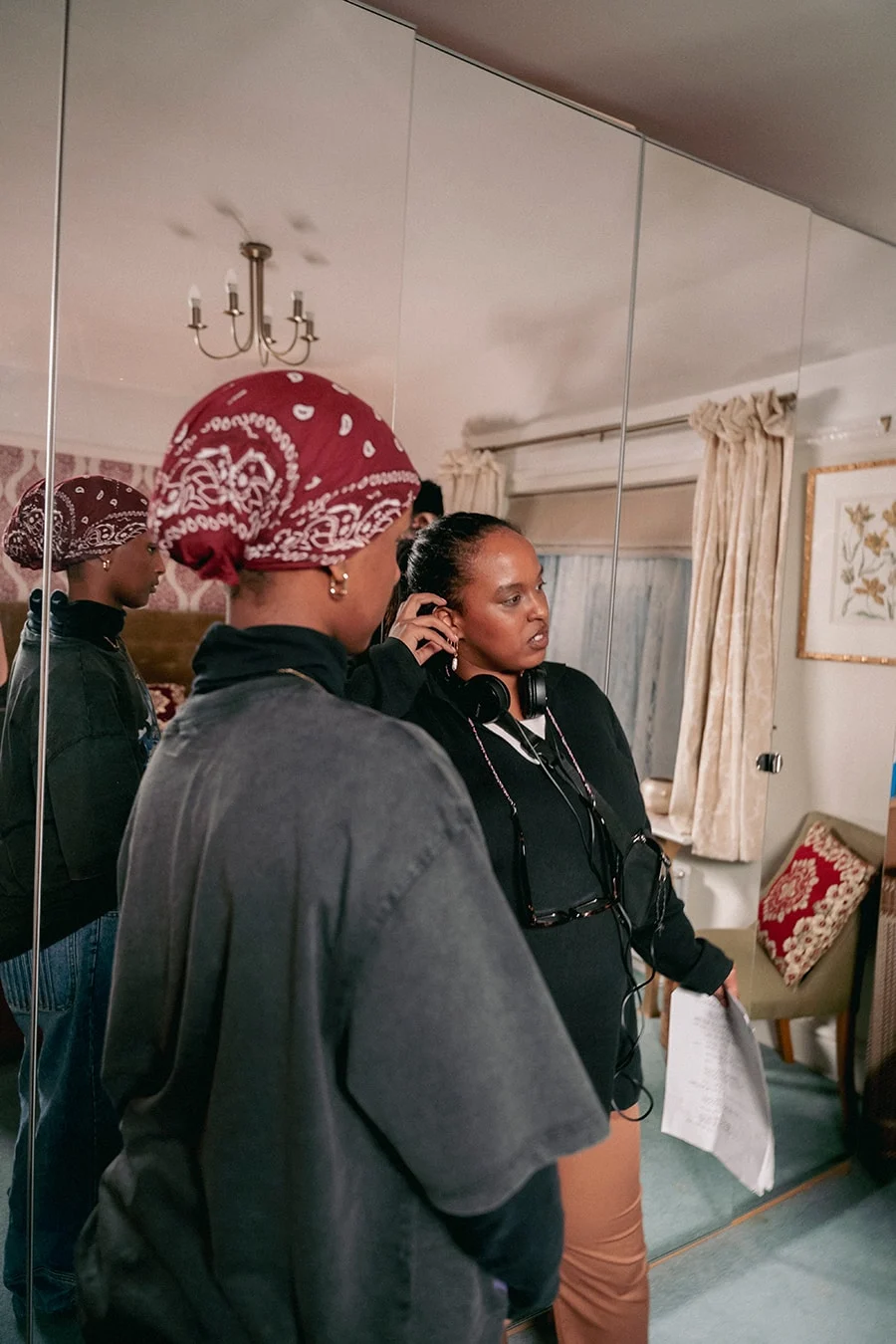
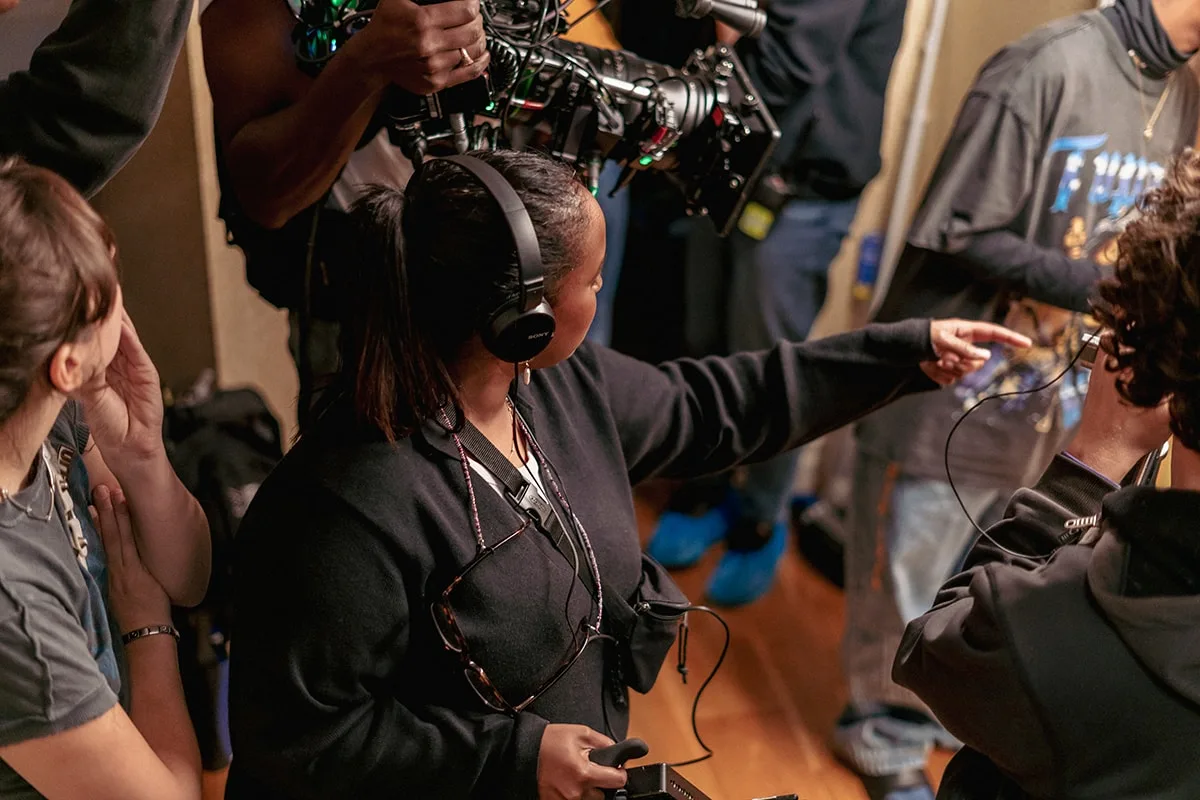
Now, Mohamed is developing “Moon” with BBC Film and Working Title. Set during Eid in 2002 at Park Royal in northwest London, it follows a British Somali teenager who runs away from home, only for her younger sister to go missing. Inspired by the energy of Y2K and American coming-of-age classics like “Dazed and Confused,” as well as Iranian New Wave cinema, the film is as much about joy and freedom as it is about family and responsibility. “Something that interests me a lot is complex stories about family,” Mohamed says. “It’s something that I always come back to, the complexities of family, because my family are so eccentric and they’re larger than life characters. I am so inspired by them. Especially mother–daughter relationships—there’s just so much beauty in that.”
Setting it in 2002, the year after 9/11 and just before the Iraq War, was intentional. Mohamed wanted to nod to the political climate without centering it. “I’d be a fool not to mention it, but I also wanted it to be about finding joy in spite of everything,” she says. “Against all the chaos around us, we’re still trying to center joy.”
